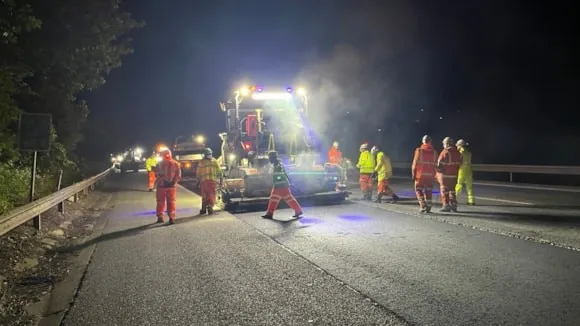An Italian consortium looks to be a front runner for a major highway project in Libya.
March 5, 2012
Read time: 1 min
An Italian consortium looks to be a front runner for a major highway project in Libya. The highway would connect Libya with its neighbours Tunisia and Egypt. The consortium includes Italian firms 3611 Saipem (which heads the partnership), Maltauro, Maire Tecnimont and Rizzani de Echer. The value of the project has not so far been released but given the length of the highway that will be required to connect Tunisia and Egypt through Libya it is likely to be a multi-billion US$ deal. This development follows the announcement of further agreements between the Italian and Libyan leaders over planned highway construction projects.









